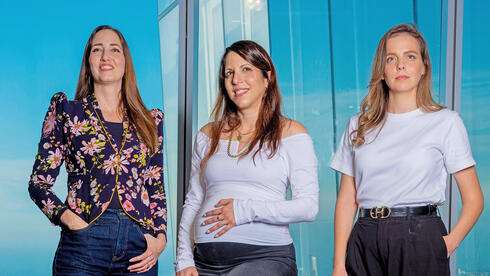Something was noticeably different about the atmosphere at the annual gathering for members of Israel’s venture capital sector, held recently in Tel Aviv. In addition to the buzz of conversation and clinking glasses, there were some less familiar noises. It took a few minutes to realize that this was due to the presence of several babies. The male presence that typically dominates these kinds of gatherings this time had a palpable female presence. There were many young women on maternity leave who attended the event with strollers to catch up on industry developments. Of course, women in the VC sector don’t always adhere to tradition when it comes to maternity leave, and they are happy to refresh their daily routine of feeding and taking care of their newborns with conversations about annual recurring revenue or market-product fit.
6 View gallery
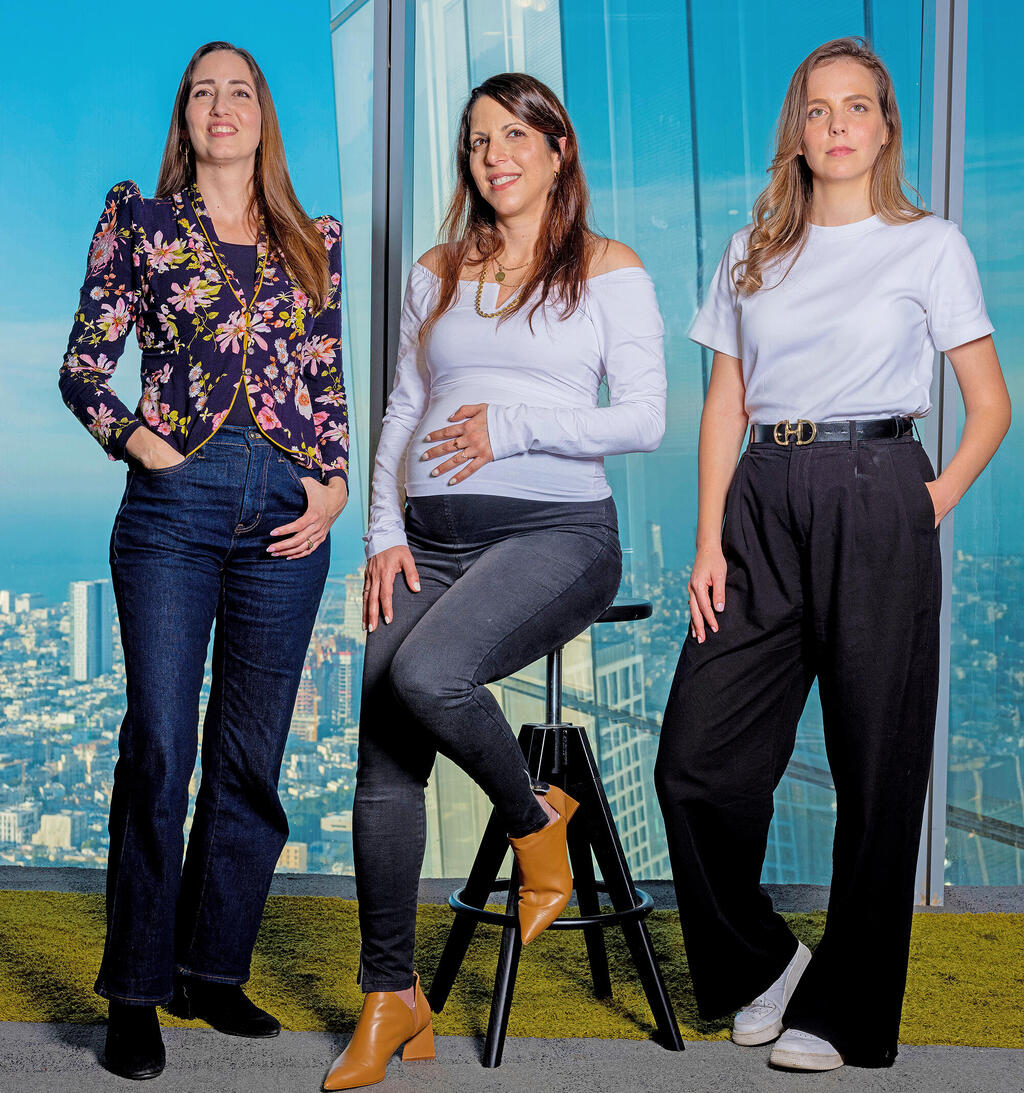

Nofar Amikam, Renana Ashkenazi and Sapir Harosh.
(Credit: Yuval Chen)
The number of women in Israel’s VC sector is still low and it remains a heavily male-dominated industry, but something is beginning to change. It’s happening slowly but consistently because the VC industry has realized that something is lacking, and that for too long it has been almost entirely male-dominated. Israel may be the startup nation, but no child dreams of working in a venture capital firm, and for most people it remains an industry shrouded in mystery. As a result, a career in venture capital is something many people stumble into after their company is sold or goes public, or if their friends from the army or university ask them to join an adventure.
Women are still a minority in the world of entrepreneurship and until recently were also a relative minority in engineering faculties. Similarly, they have often been excluded from the venture capital industry. The number of women in the industry has historically remained below 10% – far lower than the high-tech sector where about 30% of employees are women. But in the past two years, there has been an increase in the number of female partners in local venture capital funds, with estimates suggesting it has already reached over 10%. Though this still is far from proportional representation, it does indicate an improving trend. There still remain very few funds established by women, except for iAngels by Mor Assia and Shelly Hod Moyal.
In the United States, the number of women in the field is increasing at a far more rapid pace. There are about 160 VC funds where at least half of the founding partners are women, raising a combined $6.5 billion. It’s still a drop in the ocean of money flowing from male investors to male-run funds, but the trend is positive. Whereas in 2022 funds led by women accounted for only 1.3% of total raised capital, in 2023 their share jumped to 3%. Ironically, one of the best-known terms in the venture capital world – “unicorn” – a term which captures the spirit of the last decade, was coined by a woman: Aileen Lee, founder of Cowboy Ventures.
Completing a funding round during a war
Two of the most established and recognized women in Israel’s venture capital industry are currently leading the charge: Fiona Darmon and Merav Weinryb. They are raising funds for their new fund, Sunvest Capital, which focuses on secondary investments in Israeli VC funds and portfolio companies.
6 View gallery
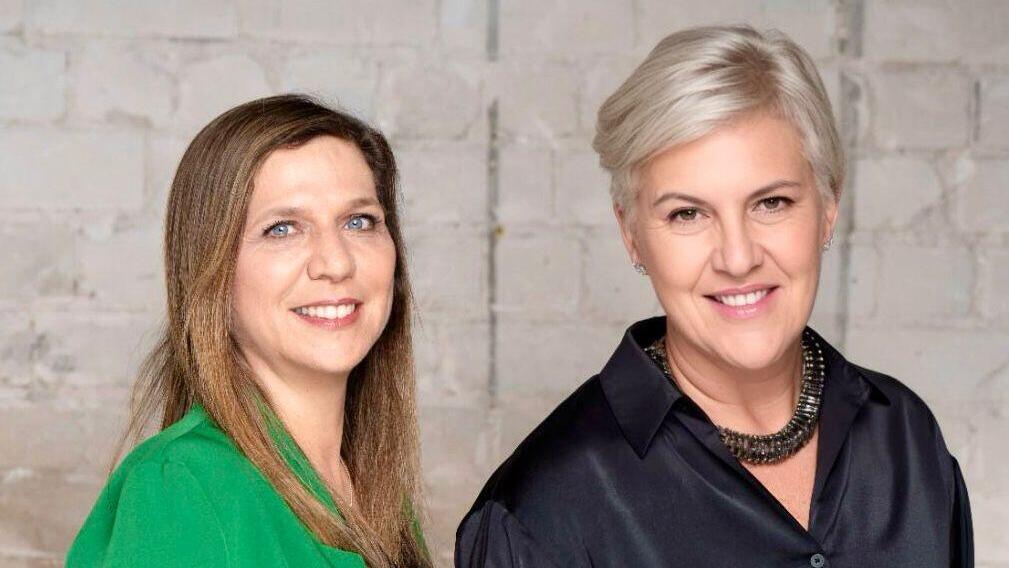

Merav Weinryb and Fiona Darmon.
(Credit: Courtesy)
There is also a new generation of women in the field, including Renana Ashkenazi, a partner at Grove Ventures, Nofar Amikam, a partner at Glilot Capital Partners; and Sapir Harosh, a partner at Third Point Ventures, the VC arm of the Third Point hedge fund.
Ashkenazi, Amikam, and Harosh entered Israel’s VC industry via the traditional route of the IDF’s 8200 intelligence unit. Ashkenazi and Harosh worked in tech as engineers at Applied Materials and Rafael respectively, and all three have entrepreneurial experience and established startups of their own. They have all become partners at VC funds in recent years and have already led many investment rounds, and even some exits. On top of that, Ashkenazi recently returned from four months in the IDF reserves, after being called up only three days after October 7th.
Ashkenazi, already in an advanced stage of pregnancy, may have given birth by the time this article is published. But she didn’t hesitate for a moment when called up to the reserves as an intelligence officer. “It didn’t occur to me to say no; it felt right and good to contribute to the effort,” she says. In the last several months, she has divided her time between reserve duty and her full-time job at Grove Ventures, founded by Dov Moran.
Ashkenazi joined the fund three years ago as the first and only female partner alongside Lior Handelsman and Lotan Levkowitz. She is also a member of the fund’s management, a rarity in the industry for women. “In the midst of the war, I also completed a funding round for a new company in the mental tech field – something that is very relevant to the current war. Recently, I started working from the office twice a week, but even while in the reserves, I was in Zoom meetings and answering emails, and luckily there is also an internal communication system between Unit 8200 and Unit 81 so I could communicate directly with Lior (Handelsman) from there,” Ashkenazi recounts.
6 View gallery
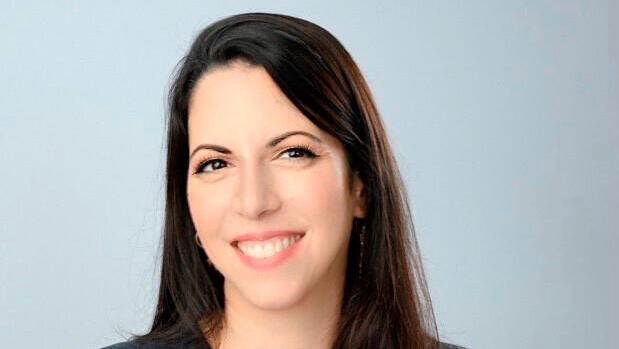

Renana Ashkenazi.
(Photo: David Garb)
Pregnancy, war, work, yet you appear unfazed. What was difficult about this period for you?
“In the reserves, I was promoted to a major and was happy that Lior and I had an equal rank, but suddenly last week, he showed up at the office with the rank of lieutenant-colonel,” she says, smiling.
Parenthood improves time management
“I started working at Pitango at 25,” says Harosh. “I wasn’t a partner, but I had an agreement that if they invested in a company that I found, I would join the board on behalf of the fund. One day, I received a WhatsApp message from Daniel Loeb, whom I didn’t really know at the time, and I didn’t understand the full scope of the opportunity. He had decided together with Robert Schwartz to establish a fund in Israel after several successful investments here in companies like Forter and NextSilicon and wanted to understand the market.” Loeb, a major player in the hedge fund market on Wall Street, has a personal net worth estimated to be over $3 billion.
“At some point, he said to me, ‘Now we want to open operations in Israel, and you will lead it.’ Ironically, it was during my pregnancy, right after my son’s first heartbeat check, who today is over a year old. I told him that I couldn’t take on the role, but Dan didn’t understand what I was talking about. He then said something that I’ll never forget: ‘It will only make you a better investor because parenthood makes a person more intuitive and also teaches them to invest their time more wisely.’ In short, it was a kind of ‘congratulations and let’s get to work.'”
And indeed, that’s what happened. When she was in her fifth month of pregnancy, Harosh officially began the role. After giving birth, she took a few weeks off and then returned to work. Her husband stayed at home. Since then, their roles have shifted again, with Harosh returning in recent months to being a working mom since her husband was called up for reserve duty. In between, she managed to lead a $41 million fundraising round for cybersecurity company Grip Security last summer and signed, for the first time in her career, a check for $18 million.
6 View gallery
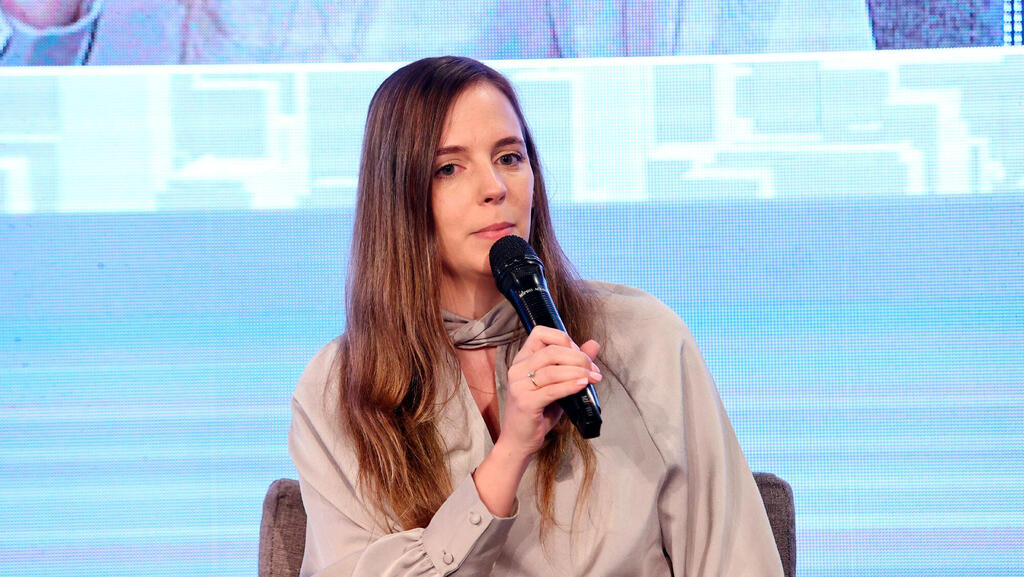

Sapir Harosh.
(Credit Orel Cohen)
“It’s much easier to convince another partner to do it than to sign the check yourself,” she laughs. “But I had confidence. I’ve known the company’s founder since my service in Unit 8200, and I did extensive work on it. By the time they decided to start fundraising, I had already done most of the work, including helping them bring in clients.”
“When I started at JVP, there were almost no female partners at venture capital funds,” recalls Amikam, who recently returned from a short maternity leave after giving birth to twins. She also has a three-year-old daughter. “Watching Fiona Darmon shatter the glass ceiling and become a partner while raising two children is what paved the way for me in retrospect and made me want to move forward. Before I accepted the offer at Glilot, I consulted with her, and she told me, ‘You can absolutely do it.’ Women always hesitate and tend to think they need more experience and more learning to succeed in the next role.”
Like Ashkenazi, Amikam was also the first female partner to join the fund, founded together by Arik Kleinstein and Kobi Samboursky. Incidentally, she refused their first job offer because they weren’t ready to commit to making her a partner. In the second round of talks, they realized that someone who had already founded non-profit high-tech academy Israel Tech Challenge at the age of 26, later worked on her own startup and then joined JVP, wouldn’t come without a guaranteed partnership. In the three years since joining as a partner, Amikam has led a series of investments, and the highlight so far was American company Tenable’s acquisition of Ermetic, which she accompanied from ideation, last summer for $265 million.
“There are more women in the industry, but we clearly aren’t even close to parity,” says Amikam. “This is exactly why the female partners at various funds have a special connection and a true friendship, despite the competition. Renana and I, for example, talk every other day even though we sometimes compete for the same deals, because the challenges are similar and the friendship helps us feel more normal.”
6 View gallery
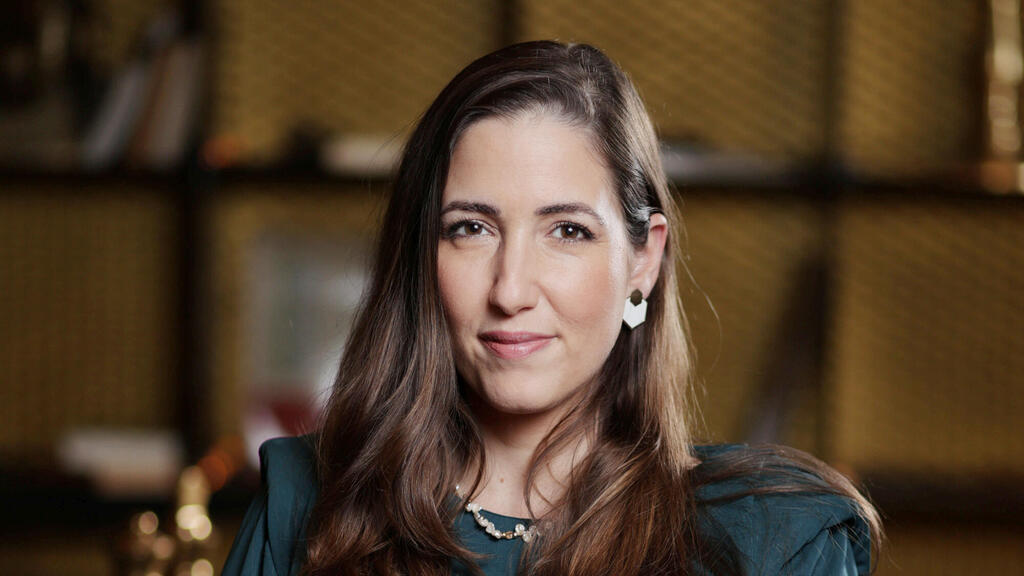

Nofar Amikam.
(Credit: Orel Cohen)
“For example, how to fly to the fund’s roadshow when you’re in the eighth month of pregnancy, when they no longer agree to insure you, or how to demand what we deserve and also how to deal with imposter syndrome. Most men don’t suffer from this.”
“Our friendship is completely genuine,” confirms Harosh. “Renana accompanied me during my pregnancy, and now I accompany her. If I have a deal that I’m leading, I always want to involve my friends in the partnership, whether it’s Renana or Nofar. In the end, we all want to work with people we love, and besides, they are also talented. If they were men I would want to collaborate with them all the same.”
Even though there is sometimes competition, there is far more mutual support. “It’s a bit like being Israelis abroad or Jews living in a remote place; whenever you’re a minority, mutual support is essential. And then even if there is competition – when Renana and I compete for who will invest in the same seed company, for example – our commitment to support sometimes outweighs our sense of competition.”
Men are optimistic, women are realistic
Ashkenazi worked for many years at Applied Materials, and as a senior engineer led an internal project she built from scratch to improve chip manufacturing processes. Already then she was surprised to discover that stereotypes are still prevalent, especially in Japan. “No matter who was in the room with me,” she recalls, “the questions were always directed to the junior engineer but a man — and I would answer. You can be offended by it, but you can also move past it. I believe that changes – especially those related to how women are perceived in the job market – need to be made in a way that does not provoke antagonism. Many times we actually generate this antagonism by pushing back.”
At the beginning of her career Ashkenazi also suffered from imposter syndrome, or at least from the characteristic that, according to her, causes startup launches by men to always seem more promising and exciting than those led by women. Today, as an experienced investor, she finds that the differences are still jarring between male and female entrepreneurs: “Women differ in how they present their startup and describe the numbers. The biggest difference is their predictions; the slope of the graphs is completely different between men and women, and no one is lying.”
“The man usually just takes the most optimistic scenario and the woman takes the most realistic one in her eyes. I, as an investor and a woman, am already accustomed to this and understand the gap. Women also describe the risks completely differently – they are much more honest. Sometimes I tell them ‘it’s great that you’re sharing this, but let me as a partner at a VC fund think about the risks – that’s my role.’ In the end, the gap is ultimately based on self-confidence. And amazingly, two startups that I invested in led by women to this day have not missed any targets.”
Despite all the mutual praise and camaraderie, in the end these women are here for business. All three specialize in investing in early-stage startups, with an emphasis on deep tech. Grove also focuses on space sciences, Glilot on cyber, and TPV Ventures loves both cyber and other complex domains. All three women are considered killers in a tough industry, which has been going through difficult years since the end of the era of zero interest rates as well as unrealistic fantasies, sold by tech companies to their investors and themselves. They also had investments which proved disappointing and companies that closed, and quite a few tough conversations with entrepreneurs.
“We haven’t seen the mass closure of companies or funding rounds at lower valuations,” says Ashkenazi. “In the coming months we will start to see this, because the money we’ve been living on for more than two years is starting to run out. Fortunately, many companies have managed to buy enough time, and their situation is now a bit better. What worries me are foreign investors. Because despite the name ‘venture capital’, no one really likes risk, and the last few months in Israel have been characterized by great instability. And if from here it doesn’t look good, from the outside it looks even worse.”
Harosh, on the other hand, is still optimistic: “It’s precisely during war when it’s easy to see the stability and strength of Israeli citizens and CEOs, who continue to work and meet goals despite a fifth of the workforce being in the reserves. In cyber, for example, it is always preferable to invest in an Israeli company than in an equivalent American one, and that is also true today, because the understanding is that what happens in Israel is temporary. Dan [Loeb] understands the situation very well and is not deterred.”
6 View gallery
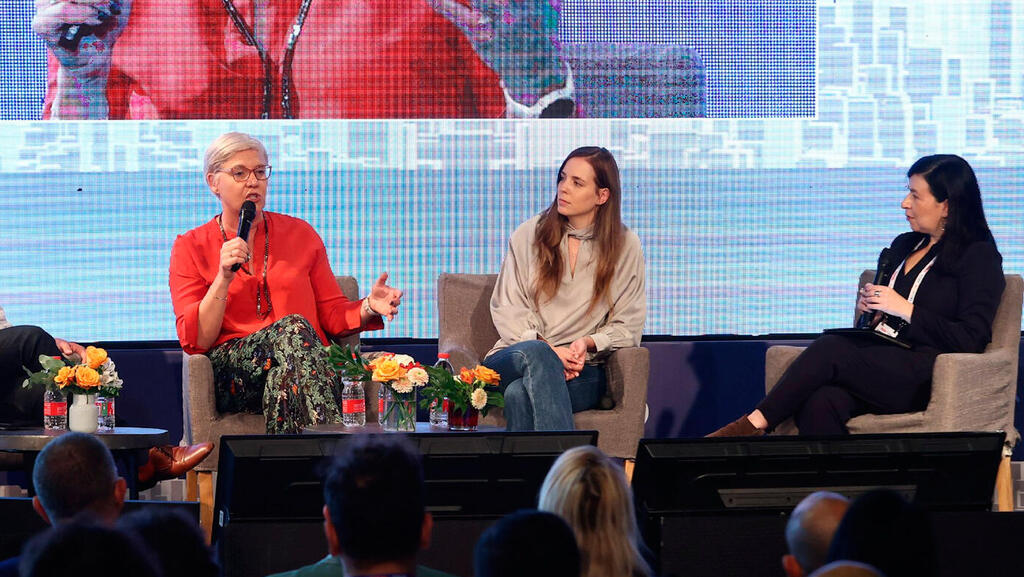

Fiona Darmon and Sapir Harosh speaking on a panel with Calcalist’s Sophie Shulman.
(Credit: Orel Cohen)
“Especially in times of uncertainty, there is an advantage in that the Israeli industry is biased towards areas that serve enterprises,” adds Amikam. “In such situations, we tend to look for cyber solutions and solutions that improve processes, from cloud to fintech, and here we have a huge advantage. The harm that I see is to companies where much of their employees were drafted to the reserves and are still there. It slows down development. But the mobilization of Israeli high-tech is amazing in this regard, and in recent months we have received many inquiries from former entrepreneurs and CEOs who volunteered to take the place of CEOs in reserves.”
One thing that the three VC partners agree upon is that innovation is about to explode after the war and give a massive boost to the local ecosystem. None of them feels that there are less startups and new ideas, but rather the opposite. After the paralysis of the first two months of the war, there has been an increase in the number of pitches landing in their mailboxes.
“I saw the people in the reserves, and it’s clear to us that they will return from the battlefield with new ideas. New companies will be founded by people who were inspired by the need to be creative digitally and physically on the battlefield,” says Ashkenazi, with excitement. “There will be a startup baby boom.”


